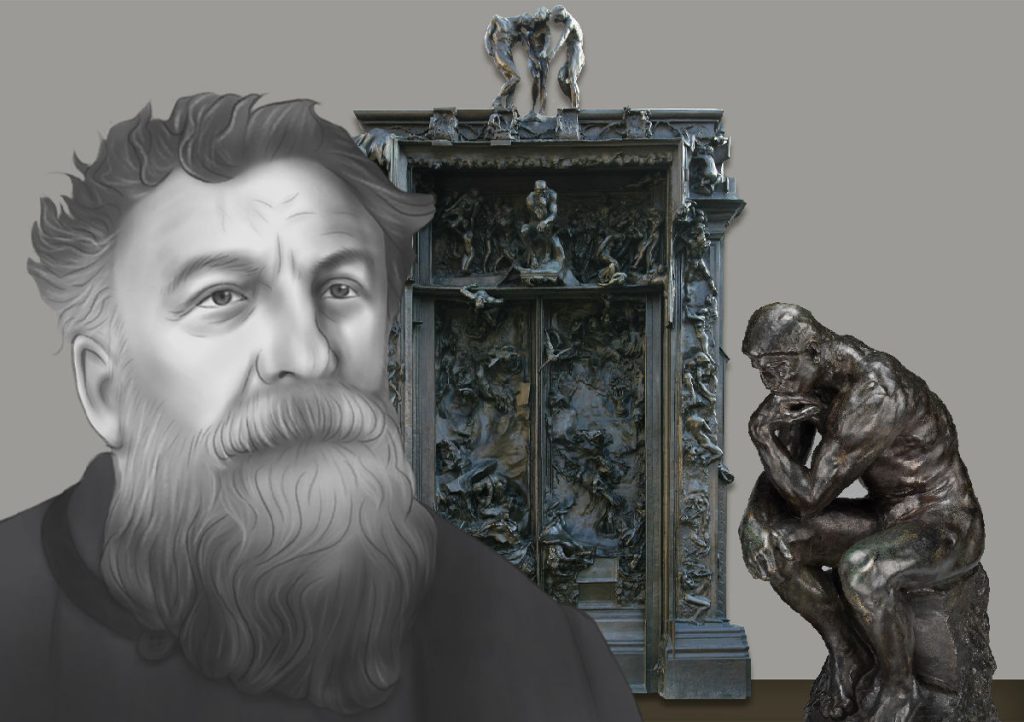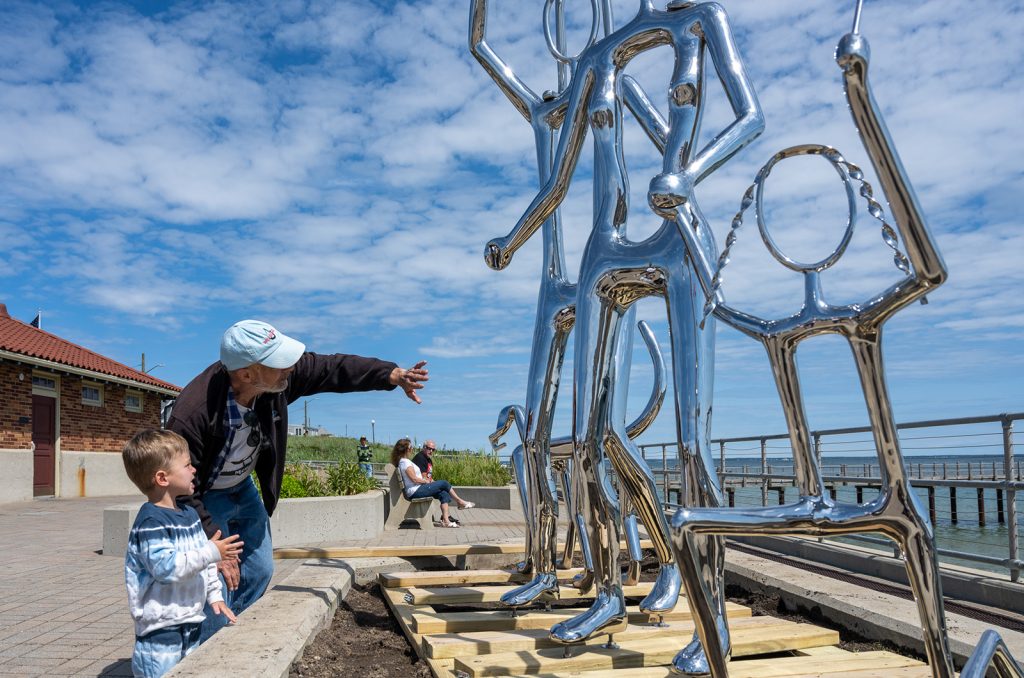Auguste Rodin, auguste the thinker sculptor, is celebrated for his iconic masterpiece, “The Thinker.” Born in 1840, Rodin’s artistic genius left an indelible mark on the world of sculpture.
Early Life and Influences
In his formative years, Rodin faced challenges but displayed an early passion for art. His exposure to classical sculptures during a trip to Italy profoundly influenced his artistic vision, inspiring him to break away from conventional norms.
Sculpting Innovation
Rodin’s sculptural approach was revolutionary. He embraced realism, rejecting the idealized forms of his predecessors. “The Thinker,” conceived as part of his magnum opus “The Gates of Hell,” showcased his mastery in capturing the complexities of human emotion and thought.
The Thinker Unveiled
In 1880, “The Thinker” was revealed to the public. This imposing bronze figure, seated in a contemplative pose, became an instant symbol of intellectual prowess. The sculpture’s robust physique and furrowed brow convey the intensity of deep contemplation.
Symbolism and Interpretation
“The Thinker” has been subject to various interpretations. Some view it as a representation of Dante, the Italian poet, while others see it as a universal symbol of human contemplation. Regardless of interpretation, its enduring appeal lies in its ability to evoke a sense of introspection in the viewer.

Legacy and Impact
Rodin’s influence extended beyond his lifetime. “The Thinker” remains an emblem of intellectual inquiry, featured in numerous replicas and adaptations worldwide. Its presence in prominent public spaces and museums attests to its enduring relevance and the sculptor’s lasting impact on the art world.
Controversies and Criticisms
Despite its acclaim, “The Thinker” faced criticisms, with some arguing that it lacked a clear identity or purpose. auguste the thinker sculptor, however, defended its ambiguity, asserting that its open-ended nature allowed for diverse interpretations.
Auguste Rodin’s “The Thinker” stands as a testament to the sculptor’s innovative spirit and profound understanding of the human condition. Its enduring presence in the art world underscores Rodin’s status as a visionary who transcended artistic conventions, leaving an indelible legacy for generations to ponder.


